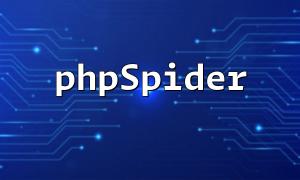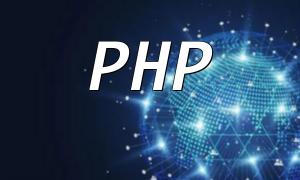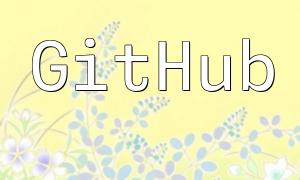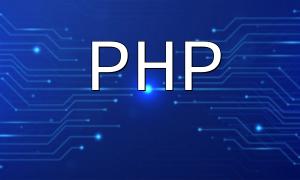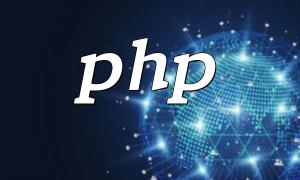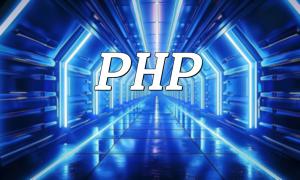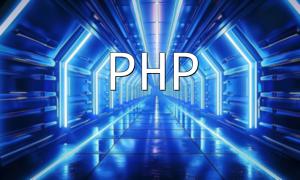In modern web development, PHP frameworks greatly enhance development efficiency and code maintainability. Whether it is Laravel, Symfony, or CodeIgniter, different frameworks offer rich features and flexibility. However, the debugging phase is often the most challenging part of the development process. This article will guide you on how to advance from a beginner to an expert in debugging PHP frameworks by mastering practical methods and skills.
To debug PHP frameworks effectively, you first need a basic understanding of the structure and core functions of the framework you are using. Most frameworks include modules like routing, ORM (Object-Relational Mapping), and data validation. Familiarity with these components helps quickly identify issues.
Beginners should consider project requirements and learning curves when selecting a framework. Laravel is popular for its ease of use and active community support, suitable for most entry-level projects, while Symfony is known for high customizability, fitting complex application needs. Understanding the characteristics of different frameworks helps make informed decisions.
Most PHP frameworks provide detailed official documentation. Carefully reading the documentation not only helps understand the framework’s design philosophy but also enables you to quickly find solutions when problems arise. Diving deep into documentation is an important step to enhance debugging skills.
Using the right debugging tools can significantly simplify troubleshooting and improve development efficiency. Modern development environments often come equipped with rich debugging features, mastering these tools is key.
Xdebug is a powerful PHP debugging extension that supports stack tracing, code coverage analysis, and more. Here is an example of installing and configuring Xdebug:
# Install Xdebug
sudo apt install php-xdebug
# Configure Xdebug (edit php.ini file)
zend_extension=xdebug.so
xdebug.remote_enable=1
xdebug.remote_host=localhost
xdebug.remote_port=9000
After configuration, you can set breakpoints and perform step-by-step debugging in your IDE, improving efficiency in locating issues.
Many IDEs such as PhpStorm and VS Code have built-in debugging support that integrates with Xdebug to provide breakpoint debugging, variable monitoring, and more. Becoming familiar with configuring and using these tools helps quickly capture and fix code defects.
Debugging is not just about finding errors; it’s about quickly locating and resolving them. Here are some effective methods to improve debugging efficiency.
Logging program execution details helps you better understand the flow of your code. Most PHP frameworks have built-in powerful logging features. Using logs wisely allows timely discovery of potential problems.
// Example of logging an error in Laravel
use Illuminate\Support\Facades\Log;
Log::error('An error occurred', ['context' => $context]);
Detailed and well-structured logs are an important basis for troubleshooting complex issues.
Unit testing not only ensures code quality but also helps quickly verify functionality during debugging. By writing test cases, developers can detect and fix issues promptly during code updates or refactoring.
// Laravel unit test example
public function testExample()
{
$this->assertTrue(true);
}
Comprehensive unit tests greatly enhance code stability and maintainability.
The journey from beginner to debugging expert requires continuous learning and practice. Understanding the basics of PHP frameworks, utilizing debugging tools, and mastering logging and unit testing techniques are key to improving debugging efficiency. Persistent study and hands-on experience will help you become more proficient in PHP development and write high-quality, maintainable code.

